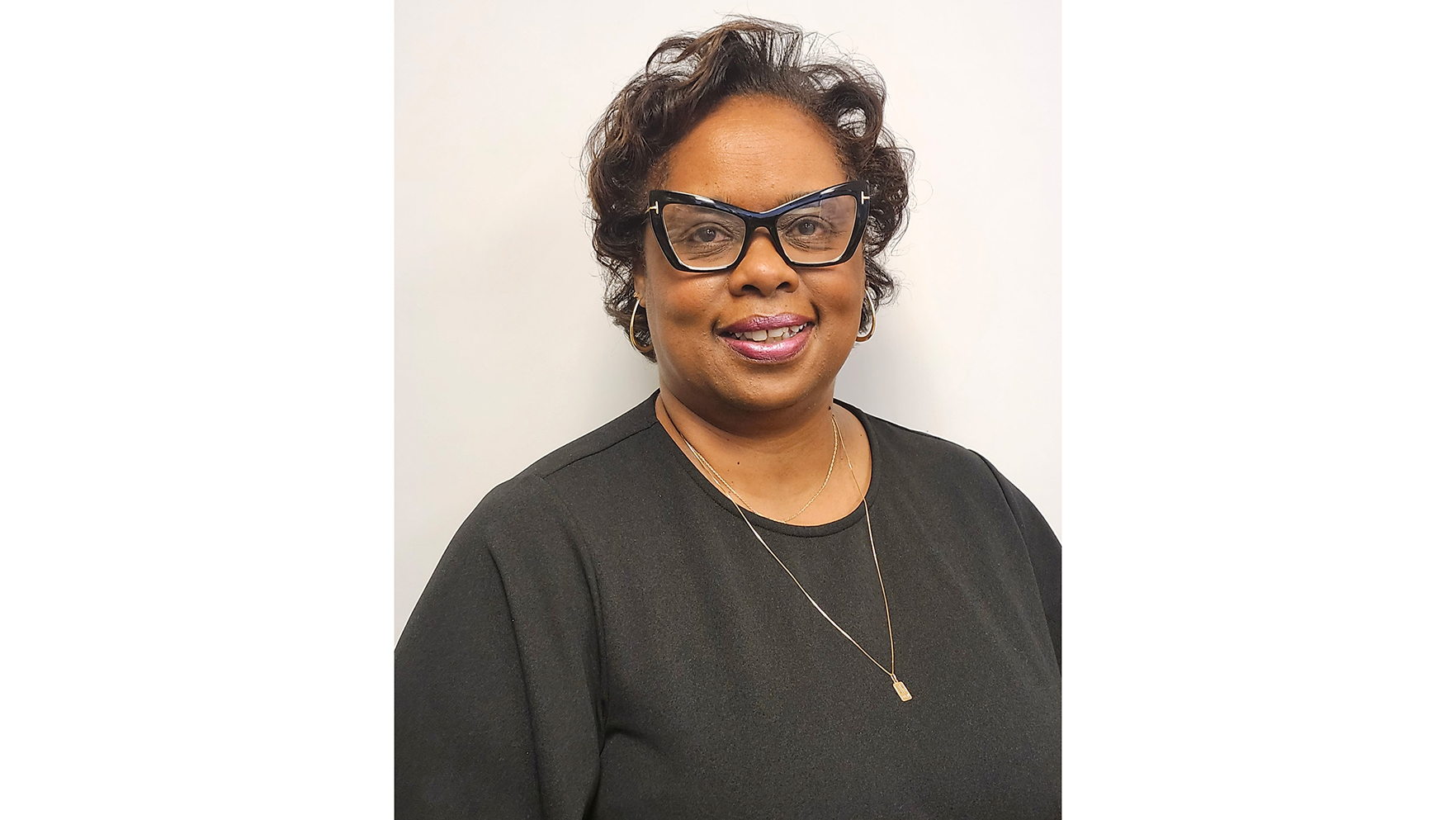Couple sues north Mississippi hospital for alleged balance billing
Published 10:00 am Friday, April 1, 2022

- North Mississippi Medical Center, is shown in Tupelo, Miss., on Thursday, Aug. 5, 2004. (AP Photo/The Northeast Mississippi Daily Journal, C. Todd Sherman)
A Tupelo couple is suing a north Mississippi hospital and its affiliates over an alleged balance-billing scheme that cost them nearly $50,000.
Balance billing is illegal under a state law passed in 2013. The law states that if a health care provider accepts payment from a health insurance company on behalf of a patient, the provider is prohibited from collecting any amount from the patient above their deductible, co-pay, or co-insurance amount.
For example, if a patient is billed $10,000 by their hospital the health insurance company pays the hospital $5,000, and the hospital cannot then try to collect the remaining $5,000 from the patient.
Trending
Though balance billing is illegal in Mississippi, it still happens, as many are still unaware of the state law.
In 2017, Chastity Woods needed dozens of non-elective medical treatments, including blood and iron transfusions, according to the lawsuit. She received these treatments from North Mississippi Medical Center (NMMC) in Tupelo and local clinics also owned by the hospital’s Delaware-based parent company, North Mississippi Health Services, Inc.
After receiving payment from Chastity’s insurer Health Cost Solutions, the providers returned to the Woods to demand nearly $50,000 in additional payments in 2018.
Unaware of Mississippi’s ban on balance billing, the Woods accepted a special “tax time deal” from the debt collectors in March 2019 that would reduce their bills by 20%. They then paid the bills by taking out a home equity line of credit, the suit states.
The Woods allege that the debt collector came back in October 2019 to demand an additional $8,936.05 – even after the Woods paid nearly $42,000 to the hospital and debt collector. The Woods allege that the debt collectors continued to harass them until they filed their lawsuit in Feb. 2020.
Chastity declined to speak to Mississippi Today for the story. Calls to their attorney were not returned. Bruce J. Toppin, chief legal officer at North Mississippi Health Services, told Mississippi Today that the company does not comment on pending litigation.
Trending
Though balance billing is against the law in Mississippi, some hospitals haven’t updated their business models since the law was passed, according to Roy Mitchell, executive director of the Mississippi Health Advocacy Program.
“We (Mississippi) have the highest rate of medical debt in the country. We have for years … And (balance billing) is all based on a business model that, unfortunately, some providers are still clinging to,” Mitchell said.
The ban on balance billing is largely toothless, with Insurance Commissioner Mike Chaney and Attorney General Lynn Fitch claiming they lack the statutory enforcement authority to take action against hospitals that break the law. This leaves patients like the Woods with no alternative to lengthy and costly lawsuits.
A legislative attempt to strengthen the balance billing law in 2019 would have required the attorney general’s office to enforce the law and establish binding arbitration to resolve any balance billing disputes between providers and patients. Though it was authored by then House Insurance Chairman Rep. Gary Chism, the bill never made it out of committee.
Chism told Mississippi Today in 2019 that lawmakers who were also medical professionals opposed the bill.
“They want to be able to get their money,” Chism said.
Because Chastity’s health insurance plan is not in NMMC’s network, the hospital would have received a higher reimbursement if she had used Stanley’s insurance, attorneys for the hospital say.
“The Woods took the cheap way out and wound up with significantly higher out-of-pocket costs as a result,” the attorneys wrote.
The Woods chose to use Chastity’s Health Cost Solutions plan instead of Stanley’s state employees plan because the former had a lower deductible. But Mississippi’s anti-balance billing doesn’t distinguish between types of networks. According to the law, as long as the provider accepts payment from the insurer, “the payment shall be considered payment in full to the provider, who may not bill or collect from the insured any amount above that payment, other than the deductible, coinsurance, copayment or other charges for equipment or services requested by the insured that are non-covered benefits.”
The Woods attorneys have argued that if the providers believed the reimbursement rates offered by Chastity’s insurer weren’t high enough, they could have refused to provide the non-emergency treatment or insisted the Woods find another way to pay. Instead, NMMC accepted at least 48 different payments from Chastity’s insurer, at 140% of the rate Medicare would have paid, the lawsuit alleges.
In addition to damages, the Woods are seeking a permanent injunction against NMMC issuing or attempting to collect balance bills.





